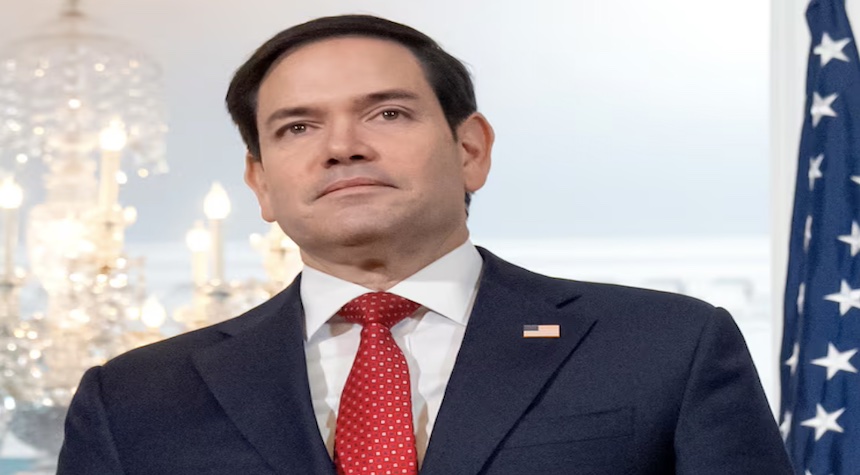Secretary of State Marco Rubio announced on Wednesday that the United States will commence the revocation of visas for several Chinese students. This includes, he states, those with affiliations to the Chinese Communist Party or engaged in studying critical fields.
The announcement, made via a social media platform, indicates an ‘aggressive’ approach to visa revocations for students originating from China. As we know, China is the second-largest country of origin for international students in the United States, with India leading the way. In the 2023-2024 academic year, students from China accounted for approximately one-quarter of the entire foreign student population, with a total number exceeding 270,000.
Reports indicate that, earlier this week, Secretary Rubio discontinued the scheduling of new visa interviews for foreign students, as the department readies itself for increased surveillance of student activities on social media platforms. These decisions have further complicated the predicament faced by international students in America, who have recently been under increased scrutiny from the Trump administration.

The Trump administration also attempted to bar Harvard University from enrolling international students. The move, however, has been temporarily suspended by a federal judge, pending a lawsuit.
This development follows earlier reports of the Trump administration abruptly terminating the legal status of thousands of international students, only to be reversed, and then an extension of the grounds on which students can lose permission to study in the U.S.
Evidence suggests that these changes may negatively impact the reputation of the U.S. as a popular destination for international students. Fanta Aw, CEO of NAFSA, an association that represents international educators, believes that international students and scholars are tremendous assets that contribute to U.S. preeminence in innovation, research, and economic strength. According to her, undermining their ability to study in the U.S. is self-defeating.
The visa changes will affect three categories covering university students, high school exchange students, and boarding school students. Last year, approximately 1.1 million international students were residing in the United States, significantly contributing to the revenues of tuition-driven colleges.
The facts point to an increasing scrutiny of international students, with a particular focus on those from China. The effects of this policy change are yet to be fully understood.

